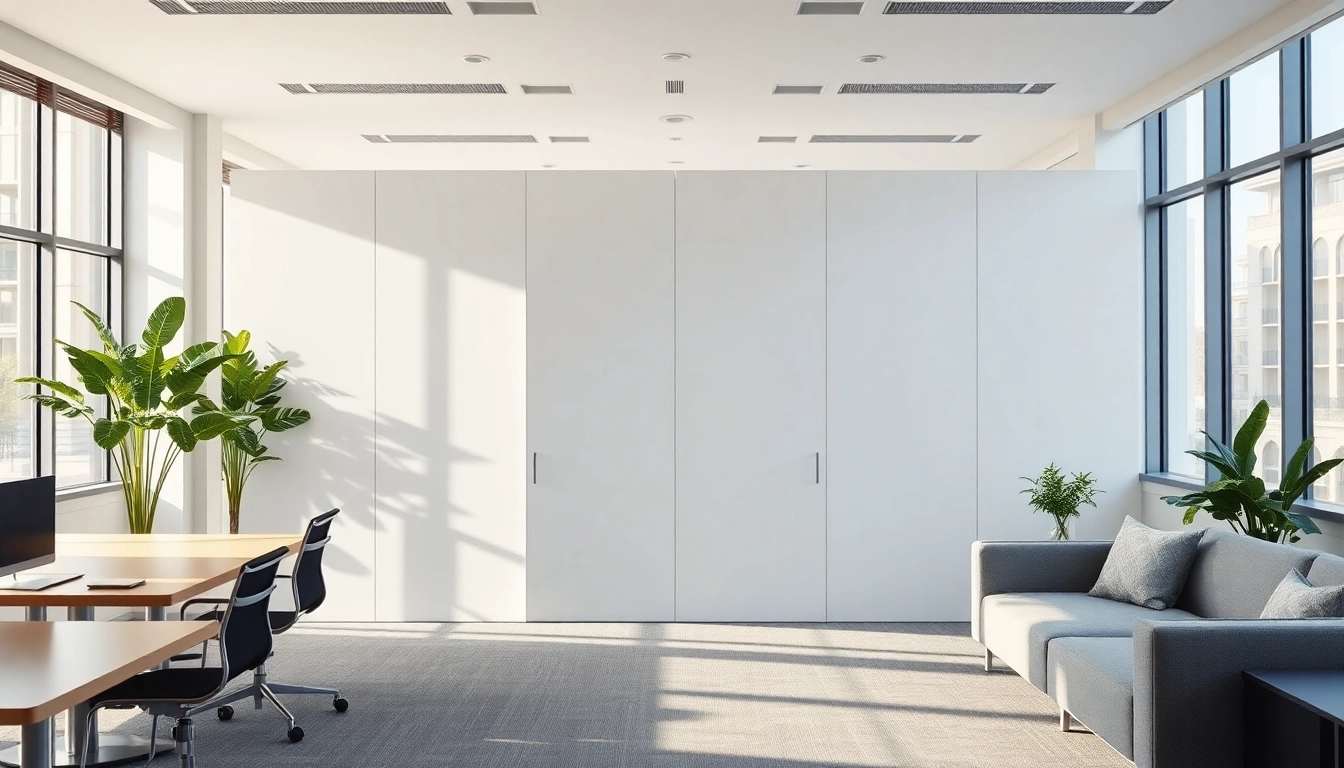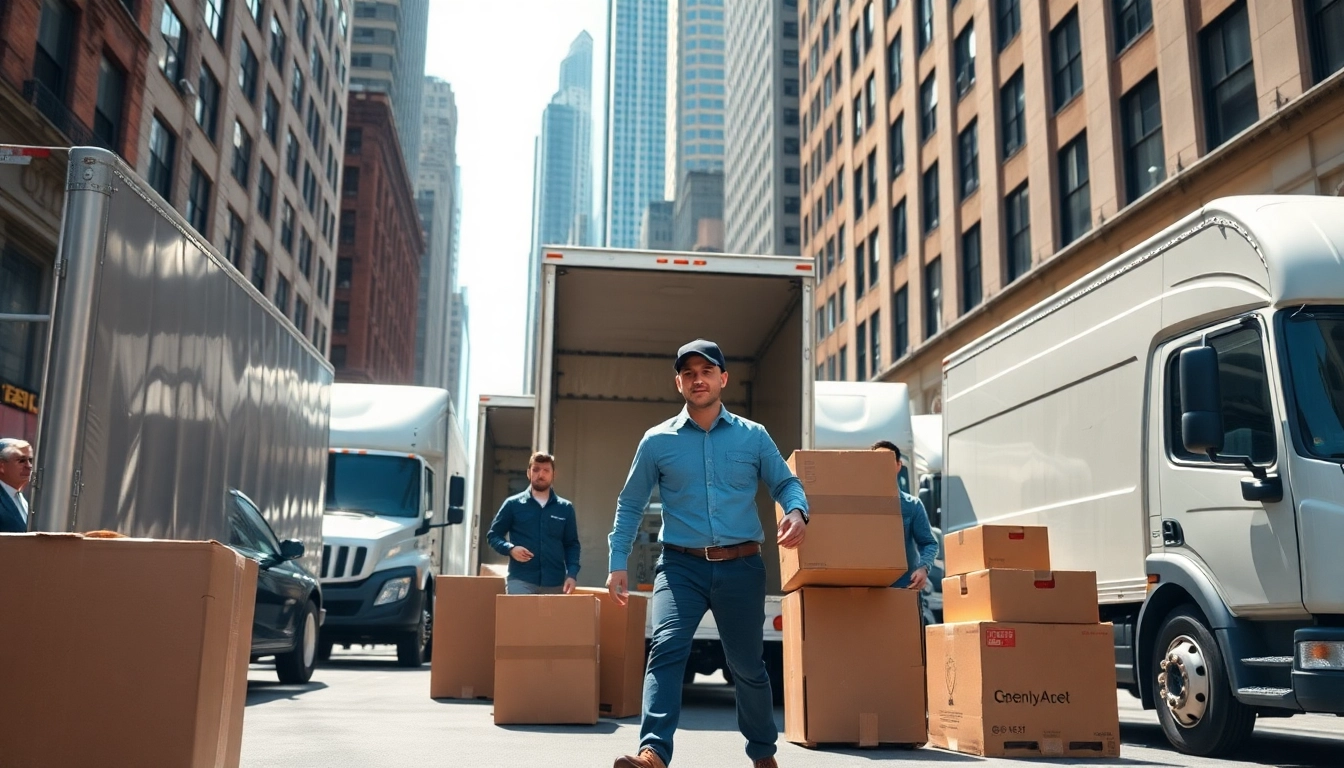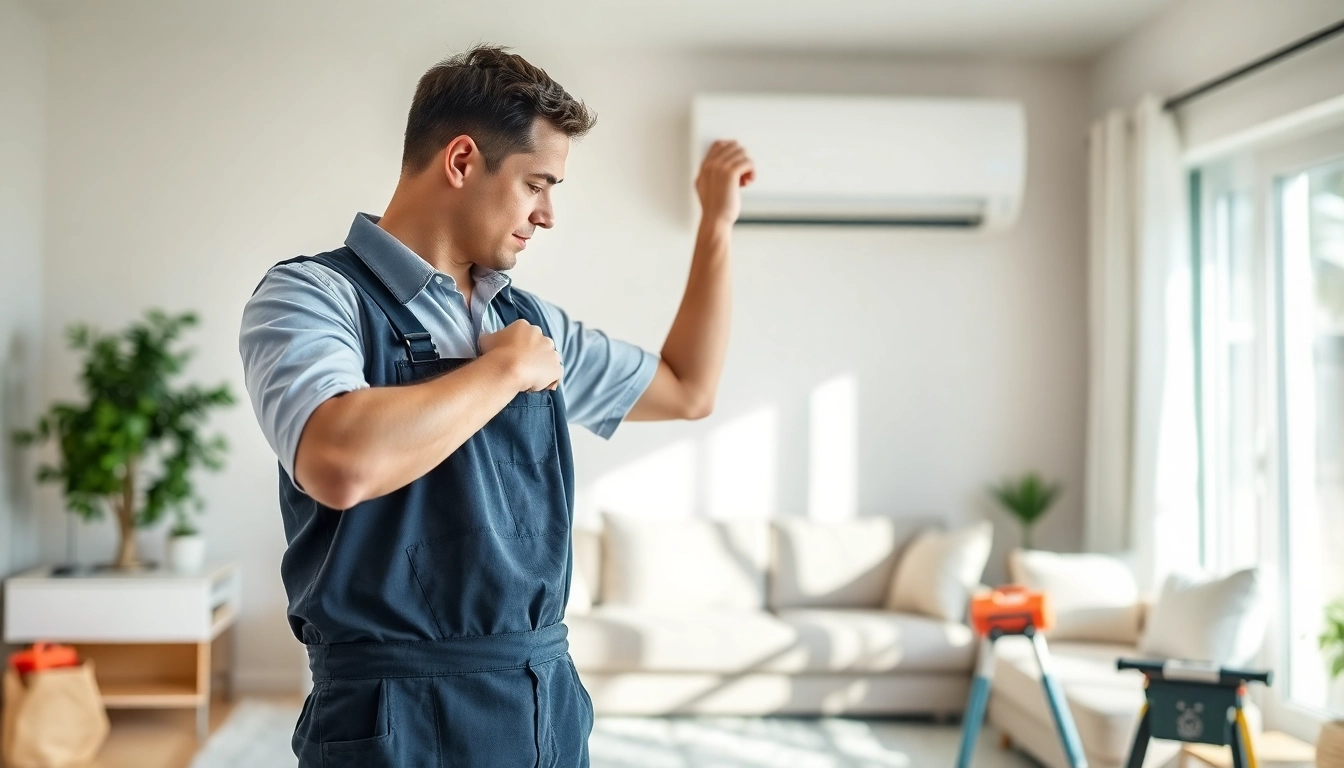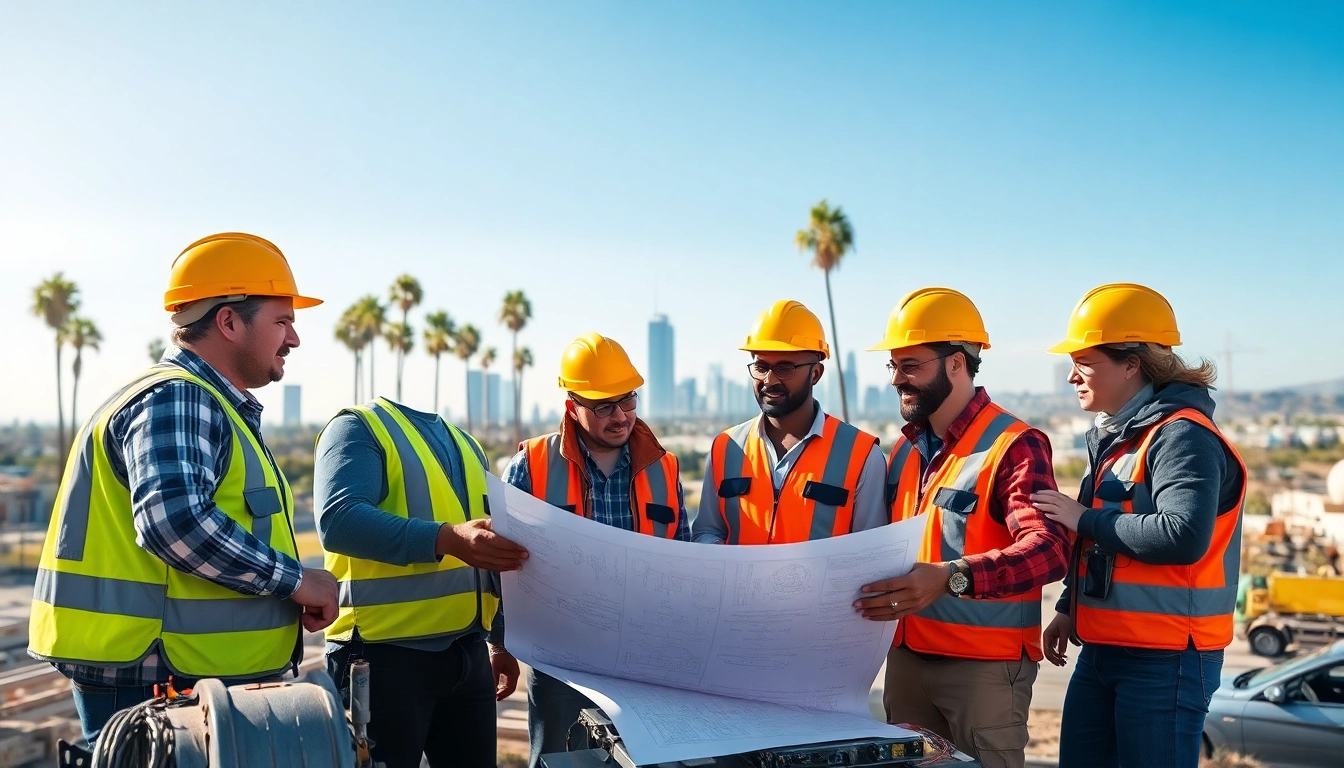Understanding Folding Partition Wall: Definition and Benefits
What is a Folding Partition Wall?
A Folding Partition Wall is a versatile architectural feature designed to optimize space management within a variety of environments. These walls can effortlessly transform open areas into multiple distinct rooms or sections, allowing for increased functionality. Typically, they operate on a track system and can fold back when not in use, providing flexibility that traditional walls cannot offer. This innovative solution is increasingly favored in both residential and commercial applications for its practicality and aesthetic appeal.
Key Benefits of Using Folding Partition Walls
Folding partition walls come with a myriad of advantages that make them a compelling choice for space optimization. Here are some of the most notable benefits:
- Space Efficiency: By dividing larger areas into smaller, functional spaces, folding partition walls allow for various uses in a single room, such as converting a conference area into smaller meeting spaces.
- Sound Management: Many folding partition walls are designed with acoustical properties that enhance privacy and focus by reducing noise transmission.
- Flexibility: These walls can be opened or closed as needed, providing dynamic space usage that adjusts based on immediate needs.
- Aesthetic Appeal: Available in numerous designs and materials, folding partitions can complement interior decor, enhancing the overall ambience of spaces.
- Cost-Effectiveness: With reduced construction costs associated with movable walls as opposed to traditional structural adjustments, businesses can save money while maximizing utility.
Applications in Different Settings
Folding partition walls are applicable in varied environments, each benefiting uniquely from their installation:
- Office Spaces: Companies can easily create breakout rooms or large meeting areas by using folding walls, which can be adjusted as team sizes fluctuate.
- Schools and Educational Institutions: Classrooms can be reconfigured quickly and efficiently for different activities, allowing for collaborative learning spaces.
- Hotels and Conference Centers: These facilities can enhance their services by creating versatile and adaptive meeting rooms, thus hosting various events simultaneously.
- Residential Homes: Homeowners can utilize folding partitions to create privacy for different areas in open floor plans, whether for guest rooms, play areas, or home offices.
Types of Folding Partition Walls Available
Accordion and Bi-fold Options
Accordion and bi-fold partition walls are among the most common types in use today. Accordion partitions fold back in a concertina action, creating a compact stack when opened. These are especially suitable for creating flexible workspaces or dividing areas in schools. On the other hand, bi-fold options open like a door, typically featuring two panel sections joined by hinges. Both options can be customized to fit nearly any space, offering aesthetic consistency along with functionality.
Glass Folding Partitions for Aesthetic Appeal
Glass folding partitions introduce a level of sophistication and modernity to any space. They allow natural light to permeate, thus maintaining an open and airy feel even when the space is divided. These partitions are often used in upscale office environments, hotels, and restaurants, where ambiance is key. Additionally, various tinting and frosted options enhance privacy without sacrificing style.
Soundproof Folding Partition Solutions
For environments where noise control is crucial, soundproof folding partitions provide an essential solution. These walls are engineered with sound-dampening materials that minimize sound transmission, making them ideal for conference rooms or multi-use spaces where privacy is needed. They are particularly beneficial in educational settings and healthcare facilities, where confidentiality is of utmost importance.
Choosing the Right Folding Partition Wall for Your Needs
Factors to Consider: Space, Design, and Functionality
Before investing in a folding partition wall, it’s crucial to consider several factors to ensure the selected option fits your needs:
- Space Measurement: Assess the size of the area where the partition will be installed to determine the appropriate size and type of partition.
- Design Preferences: Choose materials and finishes that complement the existing decor. The design should enhance the aesthetics of the space without overwhelming it.
- Intended Use: Determine how frequently the partition will be deployed. Frequent use warrants a more durable and user-friendly option.
Customizable Options for Unique Spaces
Many manufacturers offer customizable folding partition walls that can be tailored to meet specific requirements, including height, width, color, and finish. This allows businesses and homeowners to create solutions that fit uniquely shaped spaces or meet particular stylistic preferences. For example, an art gallery may choose a glass partition with a custom finish to maintain an elegant atmosphere while delineating exhibit areas.
Budgeting for Your Folding Partition Wall Project
Budgeting for a folding partition wall project involves more than just the cost of the wall itself. Consider the following factors:
- Material Choices:Different materials may have varying costs, impacting your overall budget. For instance, glass options tend to be more expensive than fabric or accordion walls.
- Installation Expenses: Professional installation may be necessary for certain types of partitions, particularly the more complex or heavier designs.
- Maintenance Costs: Consider the long-term maintenance requirements of your chosen partition type, as this can affect cost efficiency over time.
Installation and Maintenance Tips for Folding Partition Walls
Step-by-Step Installation Guide
Installing a folding partition wall can be a straightforward process if properly planned. Here is a general step-by-step guide:
- Prepare the Site: Ensure that the wall area is clear and that any electrical outlets or structural elements are accounted for.
- Measure and Mark: Accurately measure the wall space and mark where the tracks will be installed. This ensures the partition is level and operates correctly.
- Install the Track: Fix the track to the wall as per the manufacturer’s instructions, ensuring it is aligned and secured properly.
- Hang the Panels: Attach the folding panels to the track, ensuring they slide smoothly and securely. Check for alignment and make necessary adjustments.
- Test the Mechanism: Open and close the partition a few times to ensure it operates smoothly and does not get stuck.
Common Maintenance Practices
Regular maintenance is crucial for ensuring the longevity and proper functioning of folding partition walls. Here are some best practices:
- Cleaning: Use a gentle cleanser appropriate for the materials to keep the surfaces clean and free from debris, which can interfere with the mechanism.
- Lubrication: Regularly check and apply lubricant to the tracks to prevent sticking or grinding noises during operation.
- Inspections: Periodically inspect the hardware and track for wear and tear. Replace any parts that show signs of damage to avoid malfunction.
When to Seek Professional Help
While many installation and maintenance tasks can be done independently, certain situations may necessitate professional assistance:
- Complex Installations: If the partition involves more complex features or considerations, such as custom designs or challenging space constraints.
- Repairs: Any malfunction involving the mechanism may require a trained technician to ensure safe and effective repairs.
- Regular Inspections: Some businesses may benefit from regular professional inspections to maintain their partitions in optimal condition, especially in high-usage situations.
Future Trends in Folding Partition Wall Technology
Innovations in Design and Functionality
The evolving architectural landscape has led to numerous innovations in folding partition wall technology. Future designs will likely incorporate more automated systems, allowing partitions to open and close at the touch of a button, enhancing user convenience. Smart technology integration could further revolutionize the function of these walls, providing app-controlled flexibility for users.
Eco-Friendly Materials and Sustainability
Sustainability is becoming increasingly important in all aspects of construction, including folding partition walls. Future trends are expected to focus on utilizing eco-friendly materials that are sustainable and minimize environmental impact. Manufacturers are likely to explore options like recycled and low-emission materials, ultimately meeting the demand for greener building solutions.
The Role of Technology in Space Management
As technology continues to advance, the role of smart systems in managing space is expected to grow. Sensors that monitor occupancy and utilization will provide data for optimizing space not only for folding partitions but for entire layouts. This will assist businesses in making informed decisions about how they use their environments, improving efficiency and practicality.




